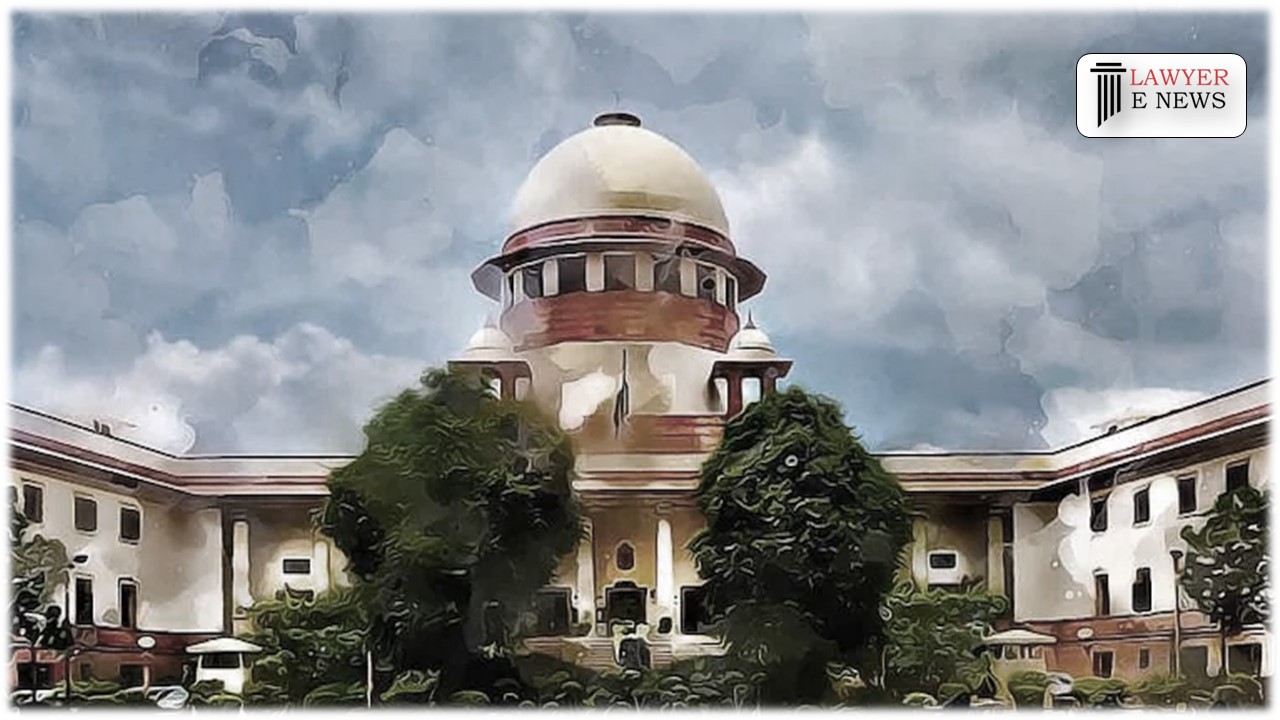-
by sayum
14 February 2026 2:22 PM



"Credibility of witnesses and consistency in testimonies are crucial in upholding justice," says Supreme Court.
The Supreme Court has upheld the conviction of Joy Devaraj, affirming the decisions of the Sessions Court and the Kerala High Court. The judgment, delivered by a bench comprising Justices Dipankar Datta and Pankaj Mithal, emphasizes the reliability of witness testimonies despite minor inconsistencies, and the legal standards for determining culpable homicide and murder under the Indian Penal Code (IPC).
The case involves the murder of Bobby, an anti-liquor activist, on the evening of December 26, 1999. The incident stemmed from a confrontation between Bobby and a liquor vendor, which escalated to a violent attack led by Joy Devaraj and his accomplices. The victim, Bobby, along with PW5, was part of an anti-liquor movement. An altercation on December 24, 1999, between PW5 and A4, a liquor vendor, led to A4 threatening Bobby. Two days later, the accused, armed with deadly weapons, attacked Bobby, resulting in his death. Joy Devaraj was identified as the main assailant who stabbed Bobby with a dagger.
The Supreme Court examined the reliability of the testimonies of key witnesses PW1 and PW2. Despite minor discrepancies regarding the weapon used, both witnesses consistently identified Joy Devaraj as the individual who inflicted the fatal stab wound. The court noted, “When an eyewitness is examined at length it is quite possible for him to make some discrepancies... But courts should bear in mind that it is only when discrepancies in the evidence of a witness are so incompatible with the credibility of his version that the court is justified in jettisoning his evidence.”
Medical evidence provided by Dr. Dinesh P. (PW8) corroborated the eyewitness accounts, indicating that the victim died from a stab wound to the left side of the chest, which caused severe hemorrhage. The court highlighted, “The medical report corroborates the ocular testimony by noting that the incised wound was found 6 cm below the nipple and 13 cm lateral to the midline of the chest.”
PW4, an eyewitness who turned hostile during the trial, did not significantly impact the prosecution's case. The court reasoned that his hostility could be attributed to fear of retribution, stating, “It is anybody’s guess that those who trade in illicit liquor people of might, who can go to any extent to keep the trade thriving. Having witnessed the fate of the victim, PW4 must have felt insecure and, thus, decided against standing by the prosecution case to save his own life.”
The Supreme Court delved into the legal principles distinguishing culpable homicide from murder. Referencing prior decisions, the court clarified that discrepancies in witness testimonies do not automatically undermine their credibility unless they are significant and incompatible with the overall narrative. In this case, the court found the testimonies of PW1 and PW2, supported by medical evidence, to be credible and sufficient to uphold the conviction.
The court also evaluated whether the act fell under Section 300 of the IPC, concluding that Joy Devaraj’s actions met the criteria for murder. The attack was premeditated, involved the use of a deadly weapon, and was aimed at a vital part of the victim’s body. The court noted, “The conduct of the appellant is covered by both clauses (1) and (3) of section 300, IPC. The intention to cause death can easily be discerned from the conduct of the appellant and the nature of fatal injury inflicted, which in the ordinary course of nature was sufficient to cause death.”
The Supreme Court’s dismissal of the appeal reinforces the judiciary's commitment to upholding justice in cases involving premeditated murder. By affirming the lower courts' findings, the judgment underscores the importance of credible witness testimonies and the role of medical evidence in securing convictions. This decision is expected to influence future cases involving similar circumstances, particularly in the context of violent crimes related to social activism.
Date of Decision: 08th July, 2024
Joy Devaraj vs. State of Kerala
